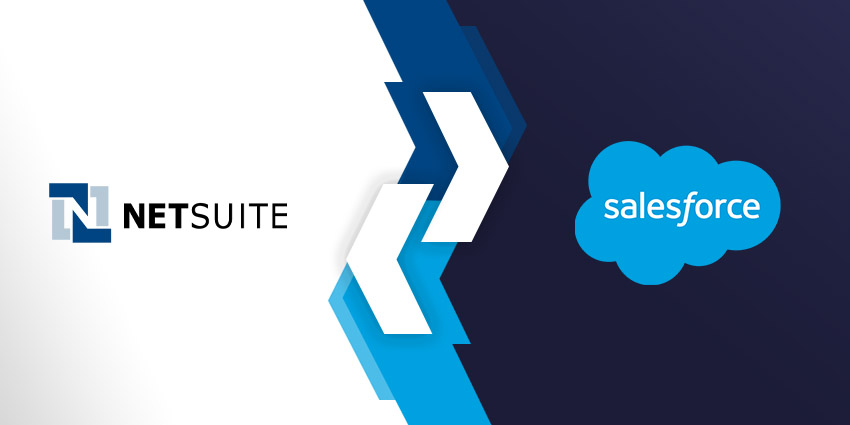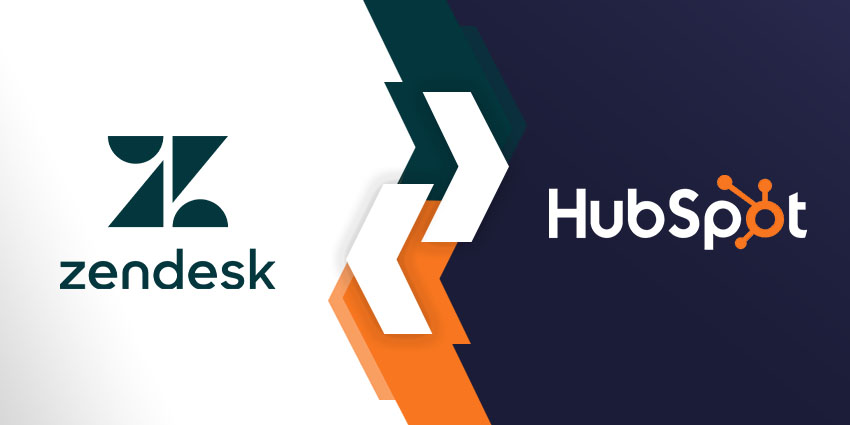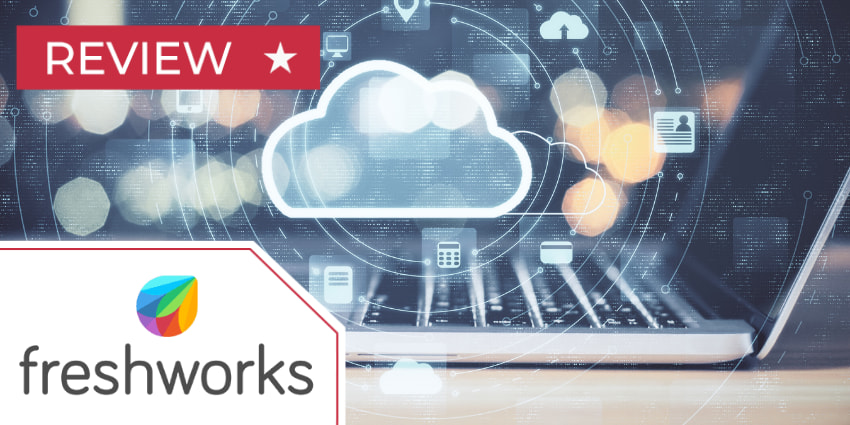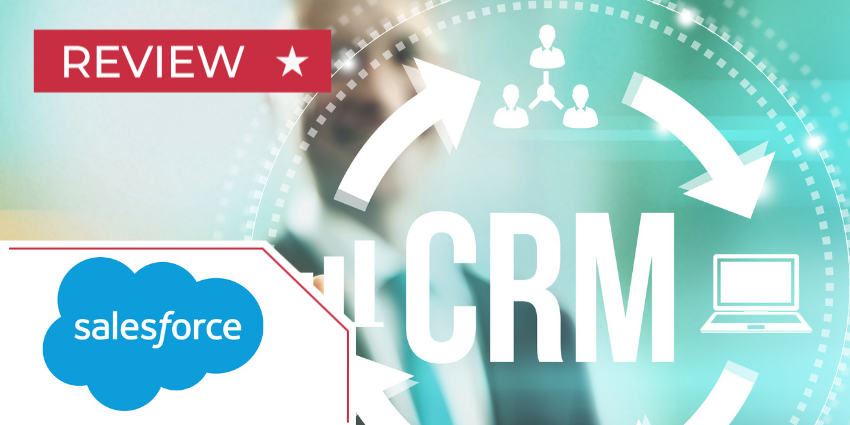Customer Relationship Management (CRM) tools have quickly become one of the most important software solutions used by today’s business leaders. As companies continue to compete primarily on the basis of customer experience, CRM solutions provide business leaders with the resources they need to track customer interactions, qualify leads, and unlock new opportunities.
However, finding the ideal CRM platform can be easier said than done, particularly with so many options available on the market. Salesforce Customer 360 and Microsoft Dynamics 365 represent two of the most popular, market-leading options for today’s companies. Considered leaders in the Customer Relationship Management field, Salesforce and Microsoft Dynamics serve thousands of companies across the globe.
Let’s take a closer look at what companies can expect from each of these options, and the unique benefits they can provide.
Salesforce vs Dynamics 365: Salesforce Features
Salesforce provides companies with a flexible, customizable platform for customer relationship management, in the form of Customer 360. The end-to-end solution supports business leaders with a range of tools for sales, marketing, and customer service, bundled into one unified platform.
Salesforce Customer 360 is hosted on the Salesforce platform, leveraging Hyperforce infrastructure architecture to ensure companies can leverage reliable support across all channels. The easy-to-use technology even comes with built-in artificial intelligence and automation options. While the features of Salesforce Customer 360 are customizable, some of the core components include:
- Marketing: Automated marketing campaigns for email, SMS, and more
- Commerce: Financial data tracking, transactions, and conversion monitoring
- Analytics: Custom reporting and analytics, as well as customer journey mapping
- Platform: An all-in-one solution for developing apps and customer experiences
- Collaboration: Built-in messaging and conferencing tools via Slack
- AI: Built-in AI analytics and virtual assistant support through Einstein
- Integrations: Integrations with contact center, finance, and ERP tools
- Genie: Real-time intelligence and trigger-based automation
- 360 customer profiles: End-to-end views of customer interactions and profiles
- Sales tools: Lead forecasting, tracking, and management solutions for sales teams
- Service: Contact center features, case management, and automation
Users of Salesforce Customer 360 can adapt and customize their platform according to their specific needs. There are industry-specific tools available for those in the financial, healthcare, engineering, and more. Additionally, Salesforce provides access to dedicated service and support solutions, to help users get the most out of their CRM technologies.
Salesforce vs Dynamics 365: Dynamics 365 Features
Microsoft Dynamics 365 is the all-in-one customer relationship management platform created by Microsoft. Offering users an end-to-end view of customer journeys and opportunities, the platform helps brands to create more compelling, personalized experiences for every user. According to a Total Economic Impact study conducted by Forrester, Microsoft Dynamics 365 can deliver a 73% reduction in average agent handling times, and a 215% ROI.
Like Salesforce, Microsoft provides companies with a flexible platform they can use to address a range of different needs. There are specialist applications and tools available for everything from sales and marketing to customer service and support, finance, and supply chains. The core functionality of the Dynamics platform breaks down into a few key areas:
- Sales and marketing: Powerful tools for increasing visibility into customer needs, expectations, and requirements, with pipeline tracking and coaching.
- Service: Solutions for delivering personalized service experiences, with automation, sales playbooks, and contact center integrations. Plus, cross-channel data tracking.
- Finance: In-depth insights into financial opportunities, sales, and automation solutions. Behind-the-scenes tracking, reporting, and cashflow analysis.
- Commerce: Create differentiated commerce experiences with AI, automation, and personalization across all online and offline sales channels.
- Supply chain: End-to-end supply chain management to maximize asset performance, transform manufacturing operations and address growing digital needs.
The complete Microsoft 365 toolkit provides companies with everything they need to manage customer service, sales, and incidents in an ever-evolving landscape. What’s more, the solution integrates with a wide range of existing Microsoft solutions, including Microsoft Teams, Viva, and Business Intelligence tools. It can even integrate with other third-party tools.
Salesforce vs Microsoft Dynamics: Which is Best?
On the surface, Salesforce and Microsoft have a lot of features in common. Both of these platforms are highly flexible and adaptable, designed to address the various needs of businesses in different environments. Both tools are available through the cloud, meaning they can scale infinitely to suit different companies. Plus, they both combine a range of tools into one platform.
Offering more than just behind-the-scenes insights into customer relationships, Salesforce and Microsoft 365 can help companies to capture new leads, unlock opportunities, and improve brand reach. They help companies learn more about their target audience, improve productivity and enhance business outcomes, with convenient, straightforward tools.
Both Salesforce and Microsoft have their own solutions in place to assist in improving inter-departmental collaboration too. Microsoft Dynamics works seamlessly with Microsoft Teams and Viva, while Salesforce recently purchased Slack to enhance its collaboration strategy. Additionally, both tools offer phenomenal solutions for companies investing in innovations such as artificial intelligence, automation, and the Internet of Things.
However, Microsoft offers slightly more solutions for companies interested in supply chain management and finance, while Salesforce concentrates more heavily on enabling and empowering the growing sales team in the enterprise environment.
Which Should You Choose?
There’s no one-size-fits-all solution to choosing the perfect customer relationship management technology. Both Salesforce and Microsoft have achieved leadership positions in the Gartner Magic Quadrant for CRMs. They’re also highly regarded by many other industry analysts and publications, and have earned numerous awards over the years.
For many companies, Microsoft Dynamics 365 may make sense if they’re already investing in the Microsoft ecosystem. Having a CRM solution which can naturally integrate and align with leading collaboration tools and business intelligence systems can significant improve employee productivity and performance. On the other hand, sales teams looking to expand and innovate at a rapid pace, without a strong existing Microsoft investment may benefit from the flexibility of Salesforce.
In either instance, both Salesforce and Microsoft Dynamics are sure to provide companies with all of the powerful tools they need to strengthen customer service and unlock new opportunities.







